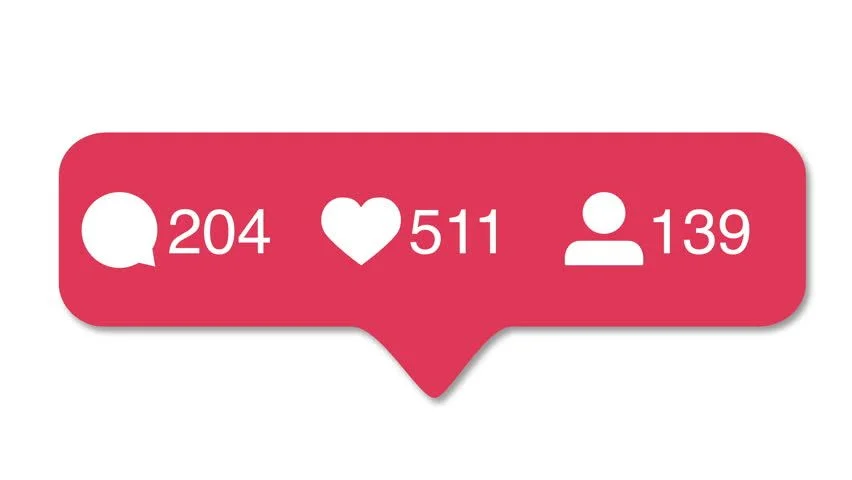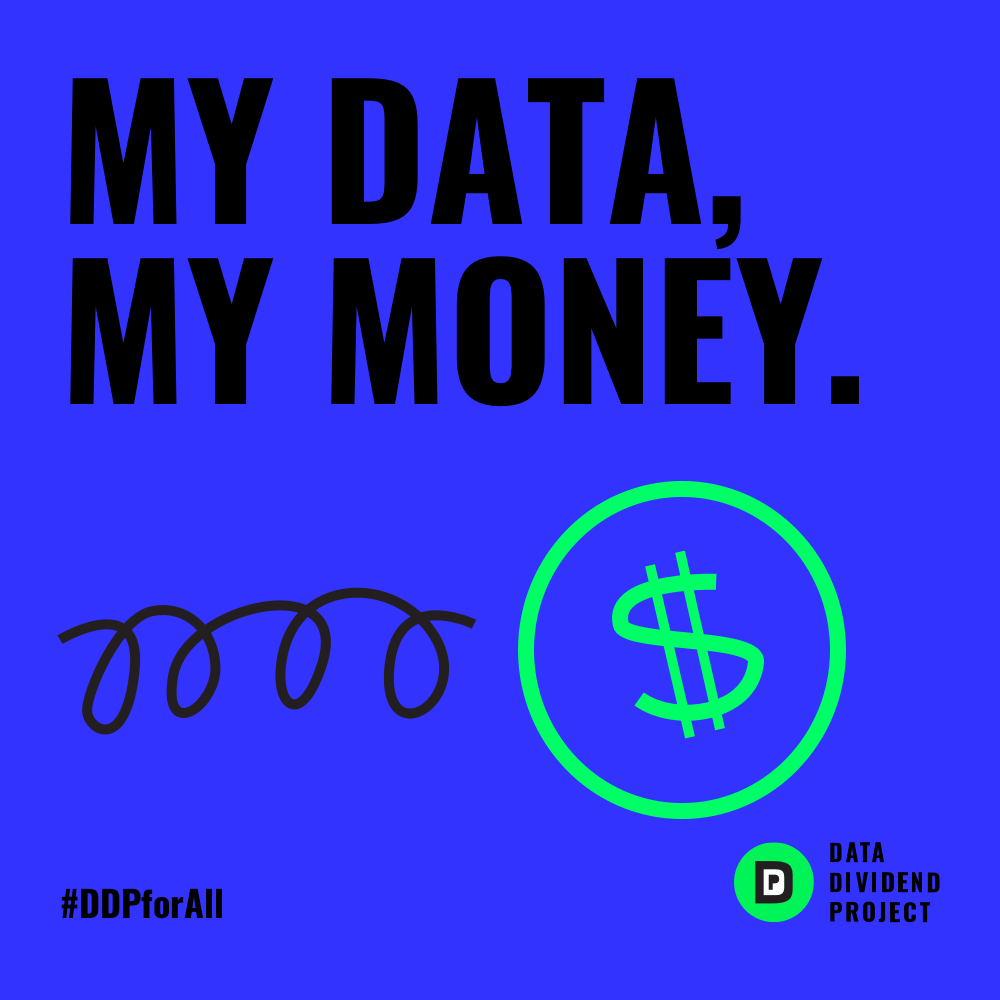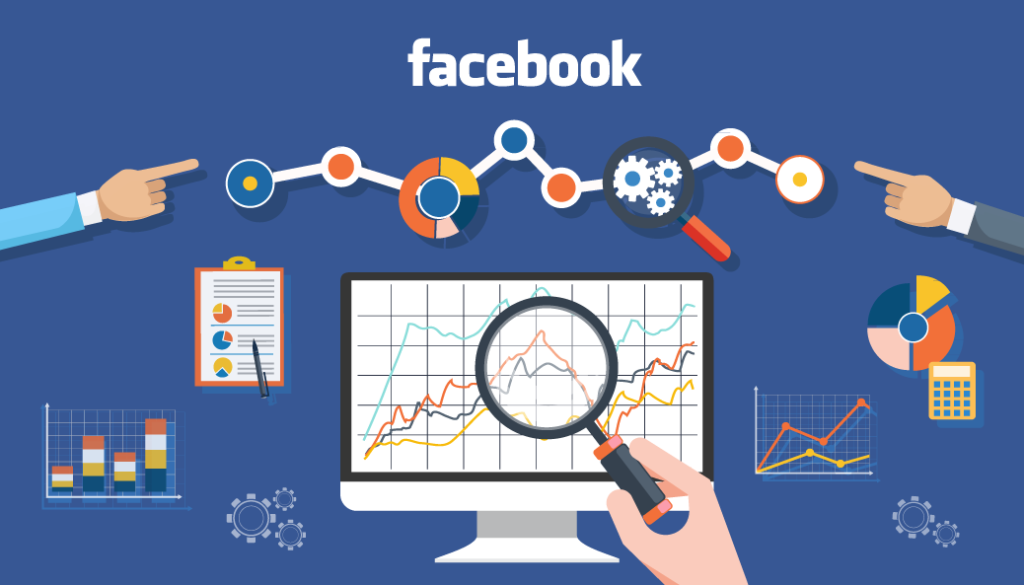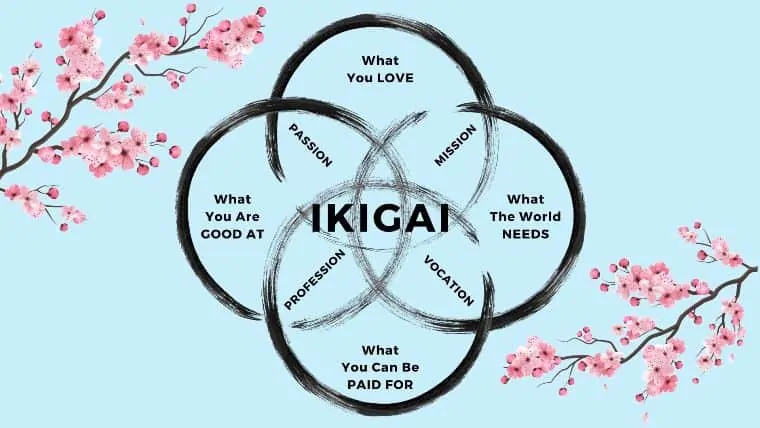Have you ever wondered, though all of the social-media apps are free to use, how could they turn billions into their pockets? Yeah, advertisements playing the key-role, you may say. But, what’s the use of advertising in an open ground where no one engages? If you think in this aspect, the users who engage a lot in social media apps are the main ad-driving people to the company and the tech-firms should be thankful for those social-media nerds – in fact, should pay them for being pro-active.
I think we had given a quick-shot in the above para, of what this topic is all about. Continue reading for mining all infos.
Exposing our Data
Accept it or not, we, social media users, have been working for the app’s revenue indirectly via our data. But what this data actually means, and how the data becomes revenue for Facebook’s Zuckerberg?
Say, you like our post in Instagram, comment on it and finding it useful, you share with your friends (what we hope & thank for

Engaging with contents on social media platforms, you feed the algorithms that have made these tech giants the most powerful platforms for advertising. Brands target exact audiences via these platforms, and result is they drive in their customers easily and efficiently.
For instance, say you are an employee who like cars / bikes, and you constantly engage with posts that feed you the same, by liking, saving or commenting on it. Doing this repeatedly, the app’s AI algorithm sorts out that you are interested in vehicles. This actually happens commonly, as in your ‘Explore’ tab in Instagram.
With this algorithm, the platform puts the ad based on your likes/preferences, so that you are more prone to act on it.
How Data becomes Revenue?
Facebook and other platforms are free to us to use because they generate revenue in billion dollars from advertisers. And the untold fact about social media is
“If you don’t pay for it, then you are the product”.
Our data is the prime element for their revenue and what would it look like if these companies had to pay us for data?
Everything you do on internet, becomes revenue in one way or another. While big tech isn’t actually forthcoming about the mechanisms that transform your data into revenue, this is big business. When they can put together an intimate portrait of you – your age, gender, interests and so on – they can give other companies the chance to show you ads that are highly relevant to you.
How much Your Data worth?
This is relatively a knotty question, where being precise is non-viable, but approximation can give you a figure. And moreover, certain stats from the app’s revenue are hard to track down.
Simple math will favor to get those numbers of the real worth of your engagement in a platform. First, we need to know how much Facebook earns from each engagement. For that, dividing its revenue per user by the average number of engagements a user makes on Facebook and Instagram.
Facebook generated $32.03 per user in 2020, statistic data reveals and an average person spends 50 minutes / day in the app, according to NY times. In such case, lets assume, on a random, a person engages twice a day in the app.
Similar cases aren’t exactly available on Instagram. All we know about it is an average Instagram user engages about 5.8 times more frequently than their Facebook counterparts. Say, Instagram contributes about 100 engagements per month, per user on Facebook’s overall ecosystem. This methodology tells us that the average user engages about 160 times on Facebook & Instagram per month and for a year, it’s 1920. Doing math, revenue for the company comes around 2 cents for every like, comment and click people make in the app. Facebook’s 2019 net margin, according to reports was 26% meaning about 0.52 cents of that revenue showed up in the company’s profits. Now imagine if users were entitled to profit-sharing.

The above estimated rough calculation was driven down from worldwide data, whereas the actual data varies from country to country. A similar estimation in U.S. and Canada alone gives about 10 cents revenue for every engagement in that location, and adding 26% to it, leaves 3 cents as profits.
If Facebook pays you, how much it should be?
What if Facebook was an equitable business partner that shared half of its profit with those of us who actually provide the data that makes its business model run? Using my math (which is, again, open to debate), the average Facebook user would earn $10.77 per quarter. But, what if you are a more active user than average? Twice as active? Five times as active? Out of curiosity, I broke the numbers down below.
- Half as active: $5.38.
- Twice as active: $21.53.
- Five times as active: $53.83.
- Ten times as active: $107.67.
Recent Posts:
- Apple iOS 26: 10 Best Features, Compatible Devices & more
- What is Prompt Engineering? Why learning it matters?
- What is Physical AI and How It’s Reshaping Our World?
- How to Become a Pro Prompt Engineer? Where to learn?
- 10 Best hand-picked AI Websites that you should know
An attempt to make Companies pay users
Social media paying its users for engagement is only notional until this group of scholars started launching a ‘Data Dividend Project’ to try to establish data-as-property rights for the users. Andrew Yang, an American entrepreneur wants to pave the way for a future in which all Americans can claim their data as a property right and receive payment, if a platform profits from it.

The idea is intriguing. Realistically, the only way anything like this could ever come to fruition is if consumers demand it at mass scale. I just hope that we start to recognize the massive value our data generates on social platforms. We’re giving Facebook and other companies a lot — and when you start to put a dollar amount on each engagement, it drives home the point: Free platforms aren’t free.






